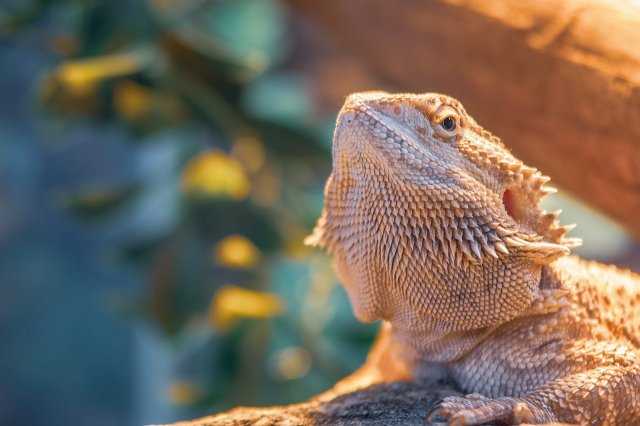
So, how long can bearded dragons go without water? The answer to this question depends on various factors, including their age, size, overall health, and environmental conditions. Generally, adult bearded dragons can survive for several weeks without water, while younger dragons and those with health issues may require more frequent access to water.
To prevent dehydration, make sure to provide a shallow water bowl or dish that is easily accessible for your bearded dragon. It is recommended to change the water regularly to maintain cleanliness. Additionally, bearded dragons can also obtain hydration from fresh fruits and vegetables, which should be a regular part of their diet.
Hydration and Bearded Dragons
One of the most important aspects of caring for a bearded dragon is ensuring proper hydration. Bearded dragons, like any other living creature, require water to survive. Without water, they can become dehydrated, which can lead to serious health issues.
Bearded dragons obtain most of their hydration through drinking, but they can also absorb water through their skin and vent area during bathing. It is essential to provide them with a clean and fresh water source at all times. You can use a shallow dish or a water bowl that is easily accessible for them to drink from.
Additionally, the humidity levels in their enclosure can also affect their hydration. Bearded dragons are native to arid regions, so they prefer a dry environment. However, a small amount of humidity is necessary for their overall health and hydration. You can achieve this by misting their enclosure or providing a humid hide.
Water Needs for Bearded Dragons
However, this doesn’t mean that they can go without water indefinitely. While they are able to tolerate periods of low water availability, they still need regular access to water to maintain their overall health and well-being.
Bearded dragons obtain most of their water from the food that they eat. In the wild, they primarily feed on insects, fruits, flowers, and vegetation, which all have varying levels of moisture. However, in captivity, their diet is often supplemented with commercial pelleted food, which typically has lower moisture content.
If a bearded dragon is not consuming enough water, they may become dehydrated. This can lead to a variety of health problems, including organ damage, digestive issues, and decreased immunity. Therefore, it is crucial for owners to monitor their bearded dragon’s water intake and take steps to ensure that they are properly hydrated.
How Long Can Bearded Dragons Go Without Water
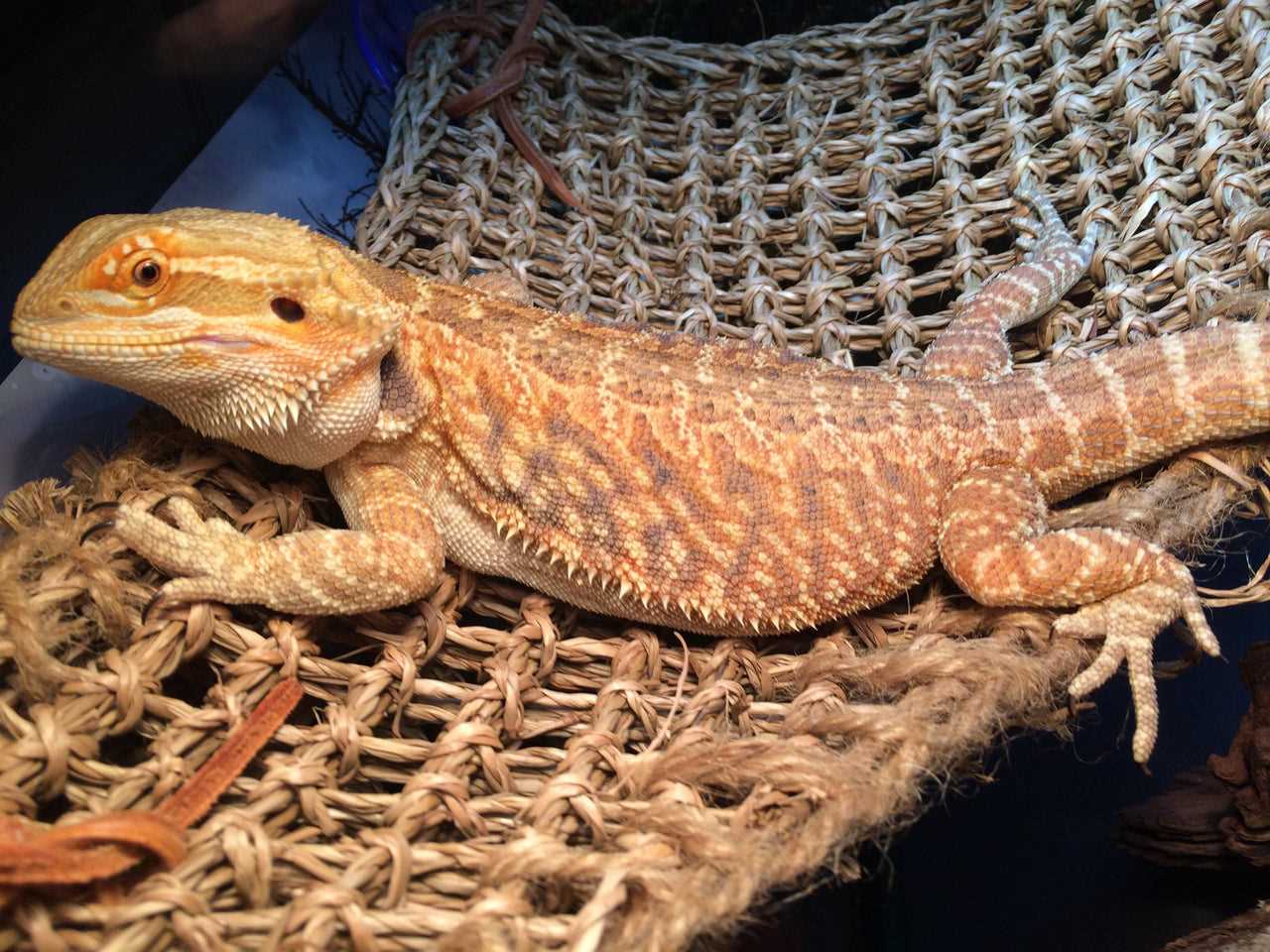
Hydration and Bearded Dragons
Proper hydration is essential for bearded dragons to maintain their overall health and well-being. Water plays a crucial role in various physiological processes within their bodies, including digestion, metabolism, temperature regulation, and waste elimination. Adequate hydration also supports healthy skin and organ function.
Without enough water, bearded dragons can become dehydrated, leading to serious health issues. Dehydration can negatively impact their internal organs, compromise their immune system, and even be life-threatening if left untreated.
Water Needs for Bearded Dragons
Daily Water Consumption
The daily water consumption of bearded dragons can vary, but on average, they may drink around 5-10% of their body weight in water per day. This means that a 1-pound bearded dragon would need approximately 2-4 tablespoons of water daily.
Providing a misting system or regular bathing opportunities can also help ensure that they receive adequate hydration.
Importance of Proper Hydration
Proper hydration is essential for the overall health and well-being of bearded dragons. These reptiles require an adequate amount of water to survive and thrive. Without enough water, they can experience various health issues and potentially suffer from dehydration.
Bearded dragons rely on water for a variety of important functions in their bodies. Water helps with digestion, blood circulation, and the elimination of waste. It also aids in regulating body temperature and keeping the skin hydrated.
Dehydration in bearded dragons can have serious consequences. It can lead to organ failure, reduced appetite, weakened immune system, metabolic bone disease, and even death. Therefore, it is crucial for owners to ensure that their bearded dragons have access to clean water at all times.
How Long Can Bearded Dragons Go Without Water
Providing a constant supply of clean water is essential to prevent dehydration and ensure the overall health of bearded dragons. Owners should regularly check their water bowls or misting trays to ensure that the water is clean and readily available.
Strategies for Ensuring Adequate Hydration
There are several strategies that owners can employ to ensure that their bearded dragons stay properly hydrated:
| 1. Provide a shallow water dish |
|---|
| Having a shallow dish filled with clean water in the bearded dragon’s enclosure allows them to drink whenever they need to. The dish should be shallow enough for them to easily access, but deep enough to hold an adequate amount of water. |
| 2. Mist the enclosure |
| Misting the enclosure with water replicates the natural dew that bearded dragons would encounter in their natural habitat. This allows them to drink water droplets from the surfaces within their enclosure. |
| 3. Provide a bathing area |
| Bearded dragons enjoy soaking in water, and providing a shallow bathing area allows them to hydrate by soaking or swimming in the water. |
| 4. Offer hydrating foods |
| Some fruits and vegetables have high water content and can help keep bearded dragons hydrated. Examples include cucumber, watermelon, and leafy greens. |
By implementing these strategies and being mindful of their bearded dragon’s hydration needs, owners can ensure that their pets remain healthy and hydrated. Remember, proper hydration is crucial for the overall well-being of bearded dragons, so it should not be overlooked.
Signs of Dehydration in Bearded Dragons
Bearded dragons can go without water for a significant amount of time, but it isn’t ideal for their health. The exact duration depends on various factors, including the age, size, and overall health of the dragon. However, it is generally recommended to provide fresh water on a daily basis to help prevent dehydration.
Some common signs of dehydration in bearded dragons include:
- Dark or sunken eyes
- Dry, flaky skin
- Lethargy or lack of energy
- Loss of appetite
- Weight loss
- Shriveled or wrinkled skin
- Discolored or sticky saliva
To address dehydration in bearded dragons, you can try the following strategies:
- Offer fresh water in a shallow dish, ensuring it is easily accessible for the dragon to drink.
- Mist the enclosure with water to increase humidity levels and provide an opportunity for the dragon to lick droplets.
- Provide a bath for the dragon in lukewarm water, allowing it to soak and drink as it pleases.
- Add hydrating foods to the dragon’s diet, such as fresh fruits and vegetables with a high water content.
- Monitor the dragon’s water intake and ensure it is drinking regularly.
- Consult a veterinarian if the signs of dehydration persist or worsen.
Proper hydration is crucial for the health and well-being of bearded dragons. By recognizing the signs of dehydration and taking appropriate measures to provide water and maintain hydration, you can help ensure your bearded dragon thrives.
What Happens When a Bearded Dragon Doesn’t Drink Water
Dehydration:
When bearded dragons do not drink enough water, they become dehydrated. This occurs when the body does not have enough fluid to function properly. Dehydration can have severe consequences for bearded dragons, including organ failure and even death.
Organ Function:
Water is essential for the proper functioning of various organs in a bearded dragon’s body. Without enough water, these organs, including the kidneys, liver, and digestive system, cannot perform their vital tasks efficiently. This can lead to serious health issues and compromised overall well-being.
Metabolic Processes:
Water plays a crucial role in various metabolic processes within a bearded dragon’s body. These processes are responsible for converting food into energy, regulating body temperature, and maintaining proper digestion. Without sufficient water, these processes can be disrupted, affecting the overall health and vitality of the dragon.
Loss of Appetite:
Dehydration can also result in a loss of appetite in bearded dragons. They may refuse to eat or show disinterest in their regular diet. This can lead to inadequate nutrition, further compromising their health and well-being.
Behavioral Changes:
When a bearded dragon is dehydrated, it may exhibit certain behavioral changes. These changes can include lethargy, weakness, and a lack of energy. The dragon may become less active and less responsive to its environment.
Preventing Dehydration:
To ensure your bearded dragon remains hydrated, it is essential to provide them with a clean and fresh water source at all times. Additionally, regularly misting their enclosure and offering hydrating foods can help supplement their water intake.
Conclusion:
Strategies for Ensuring Adequate Hydration for Bearded Dragons
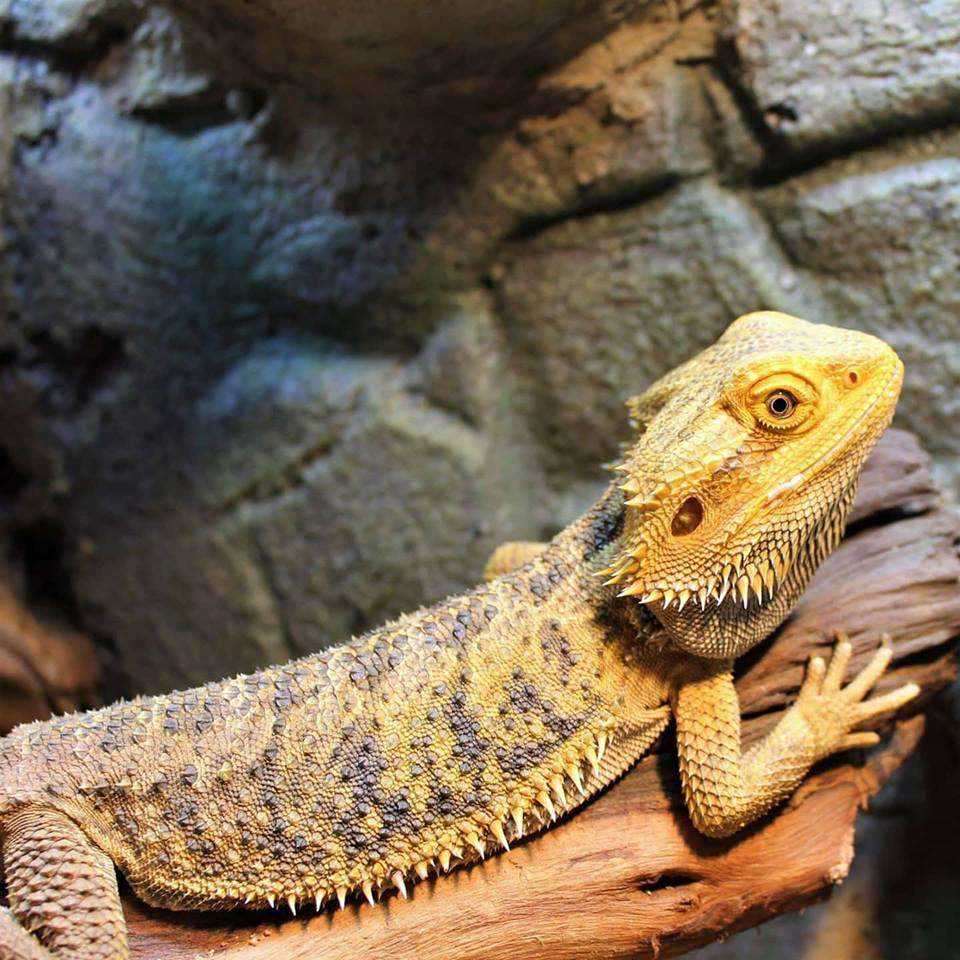
1. Provide a Water Dish
One of the simplest ways to ensure hydration is to provide a shallow bowl of fresh, clean water for your bearded dragon to drink from. Make sure to change the water daily to keep it fresh and free from any bacteria or contaminants.
2. Use a Dripper System
In addition to a water dish, you can also set up a dripper system in your dragon’s enclosure. This mimics the experience of rain and can encourage drinking. Bearded dragons are more likely to drink water that is actively dripping, so this can be an effective way to ensure hydration.
3. Offer Water-Rich Foods
Another way to increase your bearded dragon’s water intake is by offering water-rich foods. Some examples include leafy greens, fruits, and vegetables such as cucumbers and watermelon. These foods not only provide essential nutrients but also contribute to the overall hydration of your dragon.
4. Misting and Bathing
Misting your dragon’s enclosure with water can simulate rainfall and provide a source of moisture for them to drink. Additionally, you can offer regular baths to your bearded dragon. This not only helps to keep them clean but also allows them to absorb water through their skin.
5. Monitor Hydration Levels
Hydrating Foods for Bearded Dragons
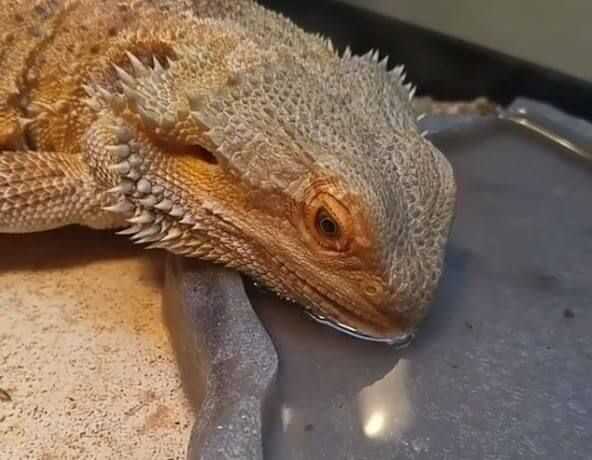
One of the best hydrating foods for bearded dragons is leafy greens. Vegetables like collard greens, dandelion greens, and mustard greens are high in water content and can help keep your dragon hydrated. These greens can be cut into small pieces and offered as a part of their daily diet.
Another food option for hydration is insects. If your dragon eats insects, you can provide them with ones that have higher water content, such as silkworms or hornworms. These insects can contribute to their overall moisture intake.
It is crucial to ensure that all food items are fresh and washed thoroughly before feeding them to your bearded dragon to avoid any potential health issues.
Remember, providing a varied diet is key to maintaining proper hydration levels in bearded dragons. By incorporating these hydrating foods into their diet, you can help ensure that your dragon stays hydrated and healthy.
How Long Can Bearded Dragons Go Without Water?
Bearded dragons have a unique water storage system that allows them to survive for extended periods without drinking water. They have specialized kidneys that can concentrate their urine, allowing them to conserve water in their bodies.
In the wild, bearded dragons obtain most of their water from the food they eat. In captivity, they should have access to fresh water at all times, but they can still go without drinking for several days.
The exact amount of time a bearded dragon can go without water depends on various factors, such as temperature, humidity, and activity level. Generally, healthy adult bearded dragons can go without water for up to a week without any ill effects.
Factors affecting water needs
While bearded dragons are adaptable to low-water environments, it’s essential to provide them with adequate hydration. Several factors affect a bearded dragon’s water needs:
- Temperature: Higher temperatures increase evaporation and water loss, so bearded dragons may need more water during hot periods.
- Humidity: Bearded dragons prefer a humidity level of around 30-40%. If the humidity is too low, they may need more water to compensate.
Providing hydration through misting and bathing
Misting and bathing are effective ways to ensure your bearded dragon stays hydrated. You can mist their enclosure a few times a day to simulate dew, which they may drink from. Additionally, regular bathing can provide opportunities for them to drink and absorb water through their skin.
When misting, use a clean spray bottle and spray a fine mist into the air above the enclosure. Avoid spraying the water directly onto your bearded dragon, as this may cause stress. Let the mist settle onto the surfaces in the enclosure, including plants, rocks, and the substrate.
For bathing, fill a shallow dish with warm water and allow your bearded dragon to soak. They may drink the water or absorb it through their skin. Monitor them closely during bathing to ensure their safety.
Remember, while misting and bathing can help provide hydration, they should not replace a constant source of fresh water in your bearded dragon’s enclosure. Always make sure they have access to clean water at all times.
Water Sources for Bearded Dragons
Bearded dragons are reptiles that require access to clean water for various aspects of their health and well-being. Providing adequate water sources is essential to ensure that your pet dragons stay hydrated and maintain their overall health.
Importance of Hydration for Bearded Dragons
Just like any other living organism, bearded dragons need water to survive. Water plays a crucial role in various bodily functions such as digestion, circulation, thermoregulation, and excretion. Proper hydration is vital for maintaining healthy skin, promoting healthy shedding, and facilitating proper kidney function.
Water Bowl
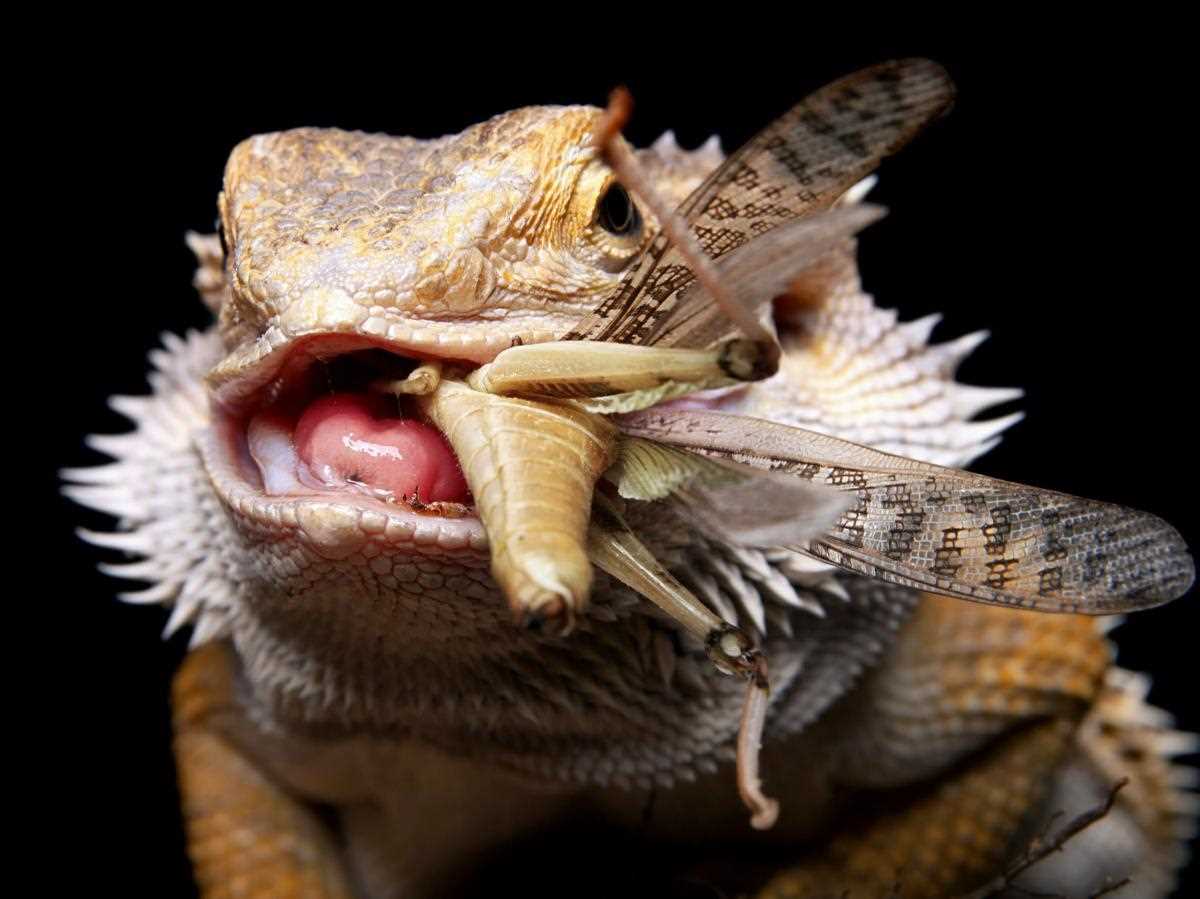
Providing a shallow water bowl is one of the most common methods to provide water for bearded dragons. The bowl must be wide and shallow to allow the dragon easy access without the risk of drowning. It is essential to clean the water bowl regularly to prevent the growth of bacteria or parasites.
Misting and Bathing
Misting is another effective method to provide water for bearded dragons. By using a spray bottle, gently mist your dragon’s enclosure to create a moist environment. The dragons can then lick the droplets from the surfaces, such as plants or rocks within the enclosure.
Bathing is also beneficial for bearded dragons as it provides them with an opportunity to drink and rehydrate. Fill a shallow dish or basin with warm water and allow your dragon to soak for around 10-15 minutes. This process not only helps them to drink but also aids in shedding and keeping their skin hydrated.
Vegetation and Moist Foods
Another way to promote hydration in bearded dragons is by offering them hydrating foods such as leafy greens, fruits, and vegetables. These foods contain a high water content and can supplement their overall water intake. Some examples of hydrating foods include cucumber, watermelon, strawberries, and leafy greens like collard greens and dandelion greens.
Conclusion
It is crucial to provide bearded dragons with various water sources to ensure they remain adequately hydrated. Water bowls, misting, bathing, and offering hydrating foods are all effective strategies to meet their water needs. By prioritizing their hydration, you can help your bearded dragons lead a healthy and comfortable life.

I’m Lena Adams—a product of an unconventional upbringing in the African wilderness. My father, a daring explorer of African wildlife, sparked my fascination with reptiles, a passion that intertwined with the tragic loss of my mother during an expedition, leaving an indelible mark on my life. Driven to understand the creatures that captivated my parents, I embarked on my journey, sharing insights about reptiles, frogs, and lizards on my website. Through my explorations and conservation efforts, I honour my family’s legacy while seeking connections—to the creatures, nature, and the mother whose presence I yearn to understand.
